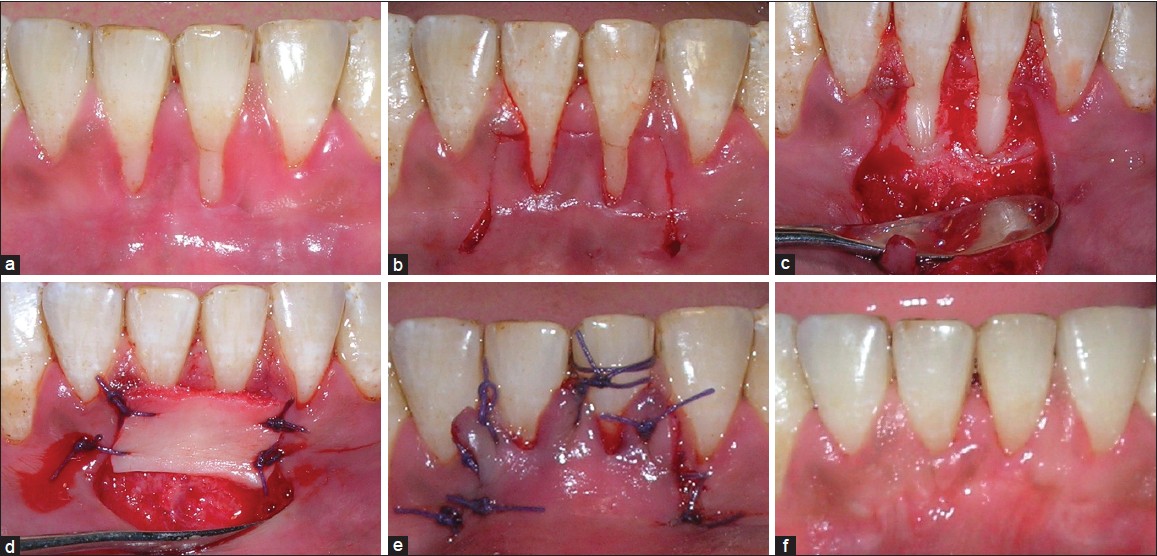Gum disease range from simple gum inflammation to serious disease that results in major damage to the soft tissue and bone that support the teeth.
Risk factors for Diseased Gums:
- - Smoking
- - Diabetes
- - Hormonal changes in girls/women
- - Few medicines
Symptoms you may Experience:
- - Bad breathe that wont go away
- - Red or swollen gums
- - Tender or bleeding gums
- - Painful chewing
- - Loose teeth
- - Sensitive teeth
- - Receding gums

Frequently Asked Questions
You may need to visit a dentist if you have gum disease or other periodontal complications. Visit your dentist immediately if you are experiencing red or swollen gums, or if you have pockets that have formed between your gums and teeth. This could be a sign of gum disease or gum inflammation.
Your first visit will require a complete dental and medical background review, as well as information about your current symptoms and medications. You’ll undergo an examination, during which time your dentist will inspect your gums and teeth for signs of disease. Your dentist will then discuss your diagnosis and your options for treatment if necessary.
There are many reasons for undergoing gum treatment – most commonly for the treatment of gum disease. Both surgical and non-surgical treatments are available, but only your dentist can tell you which type is right for you.